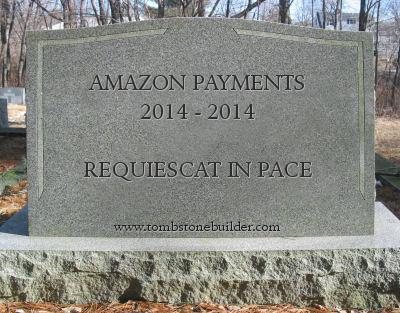Good news for all you big spenders out there! Here’s Reuters:
Credit reports now show if you regularly pay your credit cards in full every month – making you a low-risk “transactor” – or if you are a higher-risk “revolver” who carries a balance.
Some lenders use the information to determine what types of credit cards and loans to market to people, while others are starting to use the distinctions in decisions about whether to grant credit at all, as well as what rates and terms to offer.
Fannie Mae said on Monday it would require mortgage lenders to use this so-called “trended credit data” in loan decisions started in mid-2016. The change could help people with lower credit scores secure mortgages if they have a history of paying off their cards.
The fact that lenders didn’t already have this data would probably be surprising to a lot of people. Previously, credit reports would only show your available credit and (usually) the balance at the time of your cycle date. I say “usually” because at least one bank (US Bank, if memory serves) would report the balance as of the end of the month instead of using the cycle date.
In other words, somebody who bought $4,500 of gift cards on a $5,000 credit line and paid it off would look about as risky as somebody who was in the process of paying down a $4,500 debt on the same credit line. Both would show 95% (90%) credit utilization, which looks risky to scoring models. Additionally, if you’re using several different cards at a time, that behavior also appears riskier (compared to using one card) even if you’re paying all of them off, so hopefully that will be corrected for as well.
Note that changes to scoring models have yet to be implemented for the most part:
… Credit scores currently used in most lending decisions… do not distinguish between people who carry balances on credit cards and those who pay them off. The latest versions of the leading FICO credit scoring formula and its main rival, the VantageScore, do not incorporate payment trend data, those companies confirmed.
The three major credit bureaus Equifax, Experian and TransUnion, added payment patterns to credit reports two to three years ago, and researchers soon discovered that the differences in payment patterns are “very predictive” in determining who will default, Ulzheimer said.
“Revolvers are many times riskier,” Ulzheimer said. “It makes a huge difference.”
It will take some time for this data to get used in models, as changing credit scoring models and/or developing new ones is a resource-intensive process. I would guess that credit scores will tick up a bit for hard-core churners, as most of us (I hope) are pretty good at managing credit responsibly.

Recent Comments